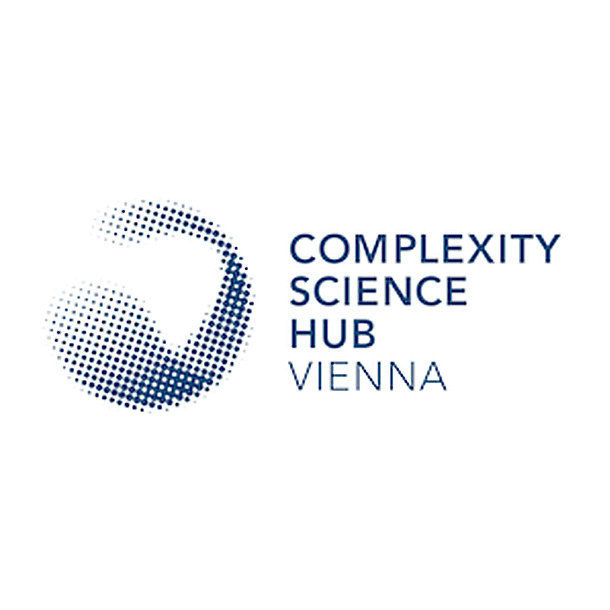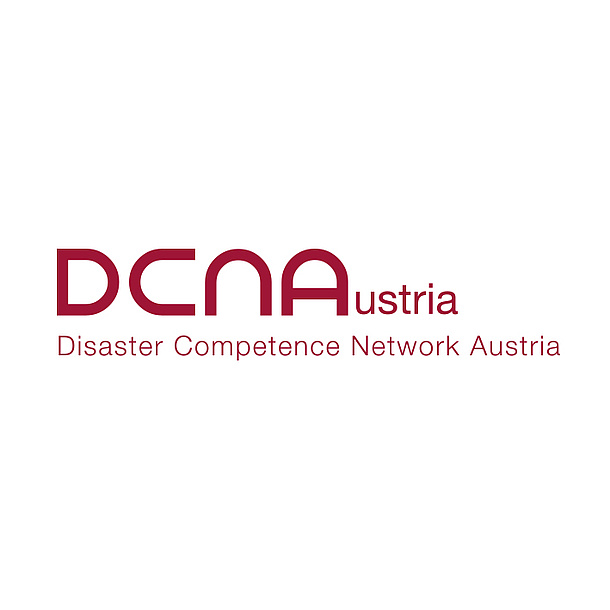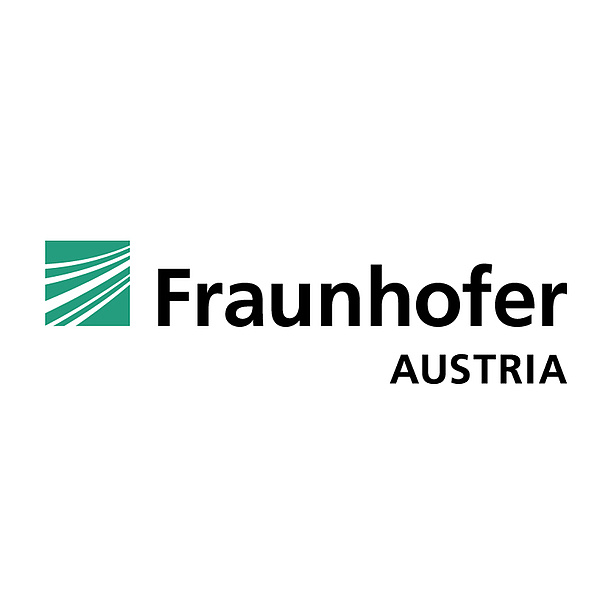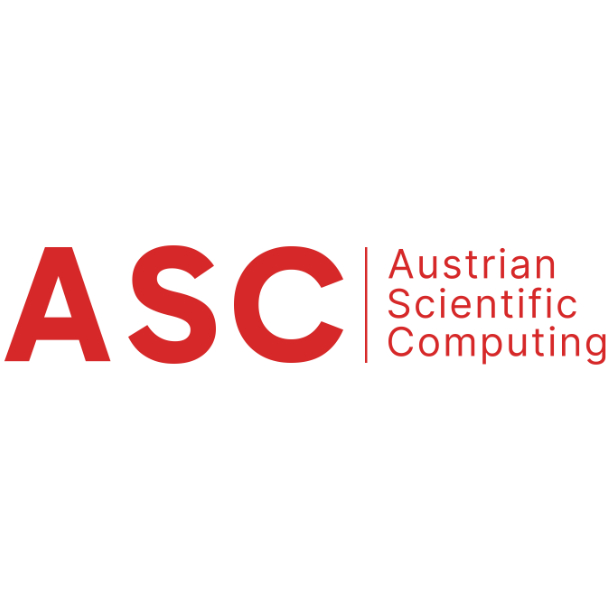Complexity Science Hub Vienna
Harvesting meaningful data out of large data sets – this is what the science of complex systems is about. The Complexity Science Hub Vienna (CSH) opened in 2016 with the mission of establishing and growing the science of complex systems in Austria. The tasks of researchers are to analyse complex systems conceptually, to model them mathematically and to verify them based on data. The increasing interconnection of people, organisations, computers and markets often comes with huge growth in the amount of data generated. Complexity researchers aim to extract sense and usefulness from these data. TU Graz is active specifically in the field of complexity research for smart production. Overview of Research Fields
- Austrian Institute of Technology
- Graz University of Technology
- International Institute for Applied Systems Analysis
- Medical University of Vienna
- Vienna University of Technology
- Vienna University of Economics and Business
Disaster Competence Network Austria (DCNA) – Scientific Disaster Prevention Network
TU Graz and University of Natural Resources and Life Sciences Vienna are launching an initiative in the field of disaster prevention. The Disaster Competence Network Austria (DCNA) - Competence Network for Disaster Prevention was established on the basis of existing cooperation. Full members are all institutions based in Austria whose tasks include scientific security and disaster research. Associate members are those with a need, such as emergency organizations and companies. The aim of the DNCA is to transfer scientific findings into practice. This is achieved through cooperative research and educational activities carried out in cooperation with a wide range of stakeholders, as well as the provision of decision-relevant information and a mobile research infrastructure in the event of a disaster.
Fraunhofer Austria
Austrian Scientific Computing
Many fields of science need a lot of computing power, which is what the High Performance Computing Cluster of the Austrian Scientific Computing (ASC) provides. A high-performance computing cluster is a group of multiple networked computers. The goal of this partnership of five Austrian universities is to enhance the international competitiveness of the scientific location.
- Graz University of Technology
- University of Innsbruck
- University of Natural Resources and Life Sciences (BOKU), Vienna
- University of Vienna
- Vienna University of Technology





